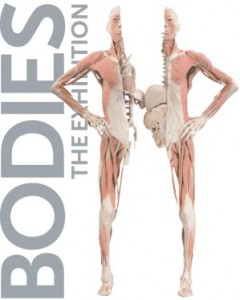lazygood4nothinbum
Thinks s/he gets paid by the post
- Joined
- Feb 27, 2006
- Messages
- 3,895
while reading meadbh's post to another thread i got to thinking about organ harvesting and searched but found little mention on this board. i wondered if the canadian citizen mentioned would get in trouble in his own country for harvesting the organ when such a purchase of body parts from living persons seems similar to, say, traveling out of country to engage in child porn. though i suppose people can travel to where doing drugs is legal and come back home without being prosecuted so why would this be any different.
anyway, i did a quick google of "canada paying for organ" and came upon
The Epoch Times | Are Canadian Taxes Paying for Stolen Organs? .
i wouldn't even attend the bodies exhibit in florida because no record was ever produced to document permission of the families to use them.

for reference purposes:
so i'm left to wonder, is it that he won't harvest another organ from a poor person or he'll have the transplant brought to a better facility?
anyway, i did a quick google of "canada paying for organ" and came upon
The Epoch Times | Are Canadian Taxes Paying for Stolen Organs? .
Taxpayers could be footing the bill for patients who receive organ transplants from persecuted groups in China, says a recent report.
A revised report on organ harvesting in China entitled "Bloody Harvest" concludes that a major portion of the organs being used in China's booming transplant trade come from unwilling donors, most notably Falun Gong practitioners....
Just as pedophiles can be charged in Canada for having sex with children in other countries, the report says Canada should enact similar extra-territorial legislation that would penalize Canadians who participate in organ harvesting without the consent of the donor.
i wouldn't even attend the bodies exhibit in florida because no record was ever produced to document permission of the families to use them.

for reference purposes:
I saw a documentary recently about a Canadian who went to India for a renal transplant and purchased the kidney from a man who needed the money for his family. The two met, which must have been a strange experience. The quality of medical care was excellent but the facility was old and decrepit and the transplant recipient developed septicemia and dehydration and almost died. His family had to go and rescue him. He is now well, but says that if he rejects the kidney, he will not repeat the experience.
so i'm left to wonder, is it that he won't harvest another organ from a poor person or he'll have the transplant brought to a better facility?
